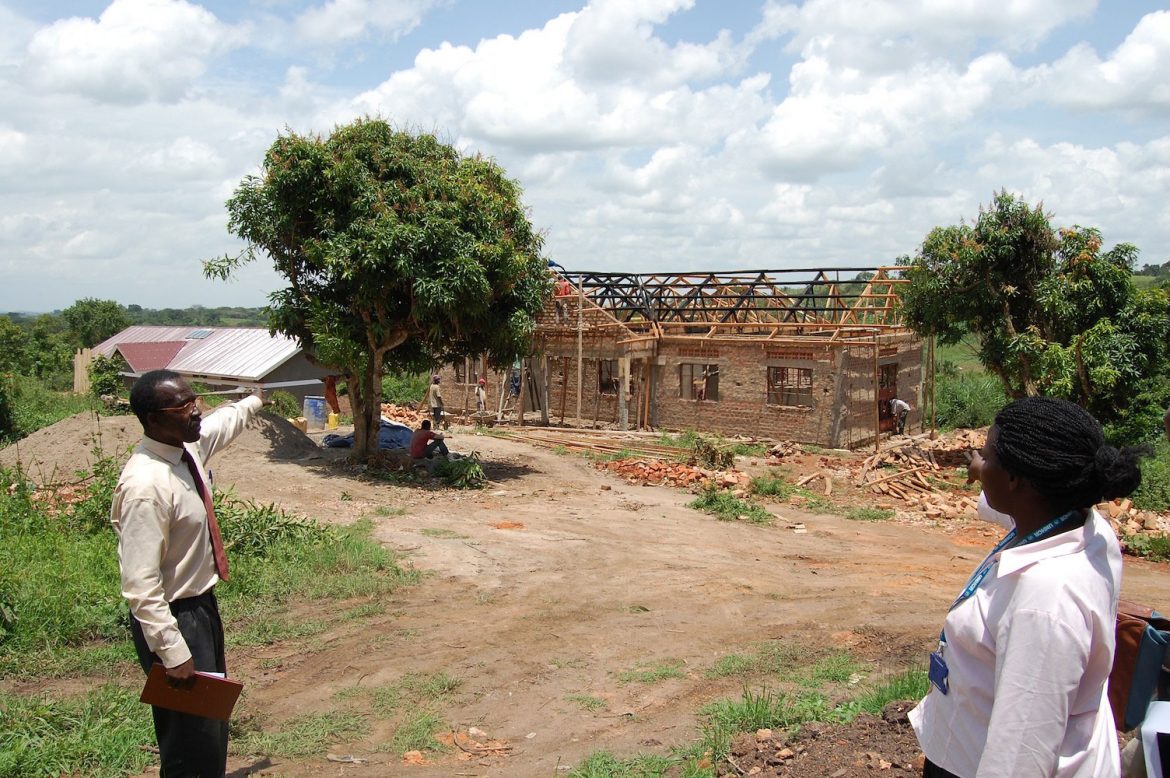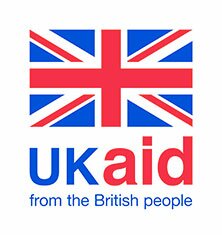Uganda is impacted by a range of natural hazards and is also one of the biggest refugee-hosting countries in the world. Explore all our latest research to support Uganda here or download an of our work there.
Uganda currently hosts around 1.3 million refugees, most of whom have come from South Sudan, the Democratic Republic of the Congo, and Burundi. This puts pressure on all social services as well as livelihood opportunities for both the host community and the refugees.
Drought is a recurrent problem in Karamoja, making it the most food insecure sub-region in the country, with persistent and widespread malnutrition. In 2018, reported that 84% of people could not afford a nutritious diet, with particularly serious impacts on women and children.

Credit: Andy Wheatley/DFID
Maintains Uganda focuses on health and nutrition services in Karamoja, and education services provided for refugees and host communities in West Nile, through two regionally-focused research programmes.
Research focus for Uganda
In conducting these studies, Maintains works directly with the Government of Uganda, FCDO, and other development partners. The research builds on and enhances existing evidence to address knowledge gaps.




